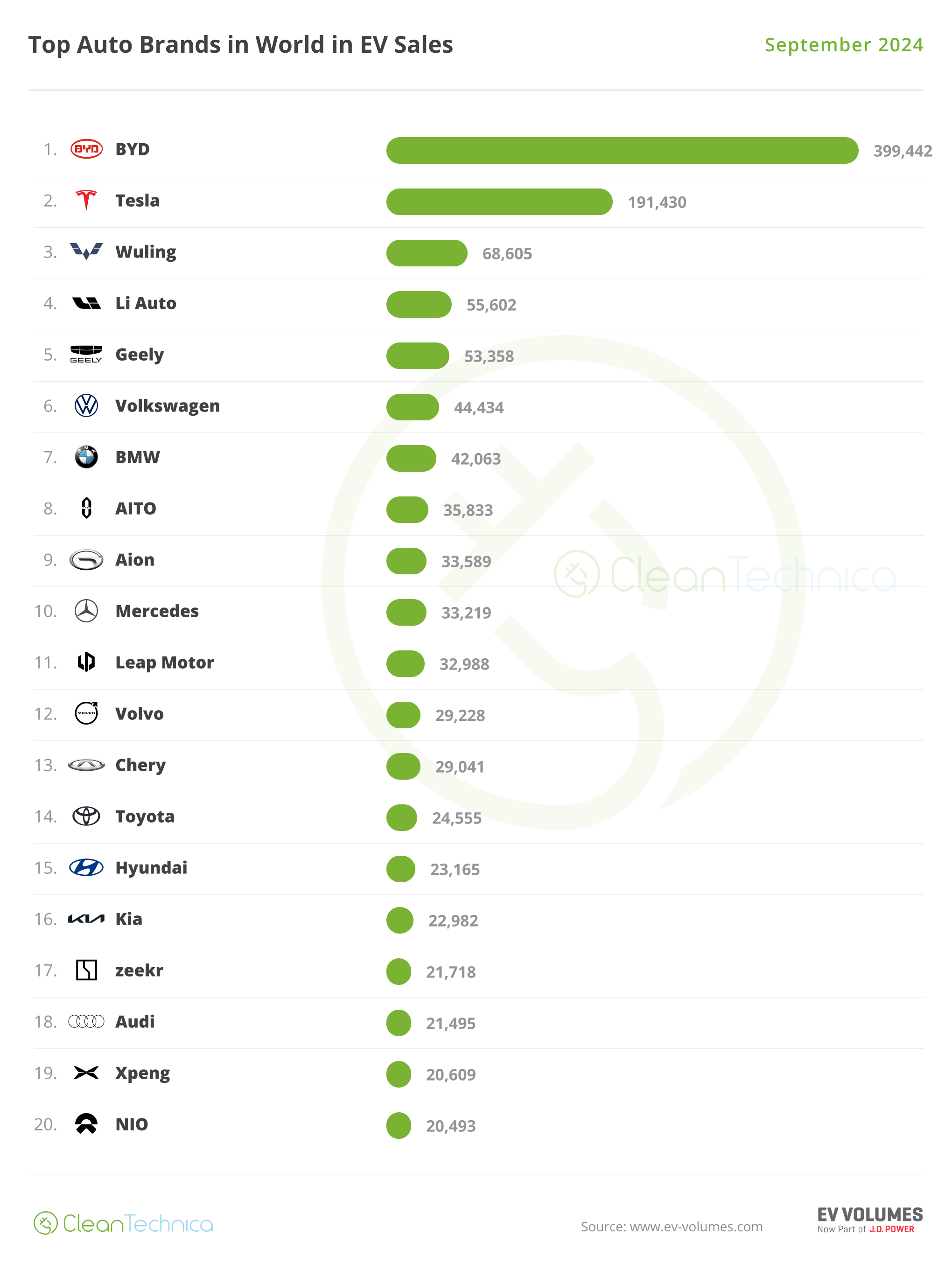Leading underground mining contractor Murray & Roberts Cementation and its client Palabora Mining Company (PMC) have celebrated the last blast at the new ventilation shaft, which took its depth to a final 1,200 m below surface on January 9, 2024.
The 8.5-m diameter upcast vent shaft – which holed through to an already-developed return air way at depth – is vital to PMC’s Lift II project. Lift II will develop access to ore resources sufficient to extend the life of this copper mine beyond 2040. Murray & Roberts Cementation Senior Project Manager, Fred Durand, says a key achievement was the project’s fatality-free record, earned over more than a million hours worked.
“The achievement of a million fatality free hours – reached in November 2023 – is more than just a number,” Durand says. “It reflects the deep-rooted safety culture that has permeated every aspect of the project.”
The innovative sinking methods, used for the first time in South Africa, were also carefully focused on achieving zero harm. Murray & Roberts Cementation employed its Canadian shaft sinking methodology, adapted to what became called ‘the PMC way’. This method included a solution to poor ground conditions, where the sidewall of the shaft was closed up within 48 hours by means of the shaft concrete lining after every three metres of advance.
“Among the improvements that this facilitated was the removal of the hazardous work by rock drill operators at the shaft bottom, who would traditionally have to install temporary support,” Durand explains. “We also decided not to conduct concurrent work in the shaft, so there was no risk of danger to anyone below when work was carried out from the stage.”
Durand emphasised the close collaboration between Murray & Roberts Cementation and PMC to ensure the success and safety of the shaft sinking. The project was significant insofar as there were many lessons learnt to be taken forward into future projects, he says, further improving the safety record of shaft sinking practice.
“We are already looking ahead to two more important shaft sinking projects within the South African mining sector, where there is potential for certain of these learnings to be applied,” Durand says.
A veteran of over 15 shaft sinking projects around Africa during his career, Durand admits finding aspects of the PMC way initially quite unusual when he joined the project in 2022.
“Ultimately, though, we all want to deliver safe projects, so there are many brilliant ideas that we have proven on this project,” he says. “These strategies have been combined with the company’s leading mining and engineering expertise, and made us very excited about the future of shaft sinking and contract mining.”
To facilitate streamlined programming on the project, the work ran on continuous operations with two 12-hour shifts. This, he notes, improves on the usual eight-hour shift system, which requires three shift changes – each change taking up valuable project time. The two-shift system requires only a morning and evening change.
The vent shaft will replace the two existing vent shafts from the Lift I project, which are likely to be affected as they are in the Lift I zone of influence. In the final stages of the project, Murray & Roberts Cementation will strip out its services from the shaft, lift out the stage and dismantle the headgear. Final demobilisation of the company’s infrastructure will be carried out during the March quarter of 2024, according to Durand.



